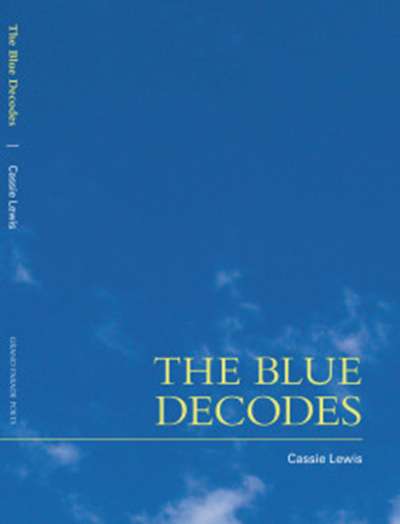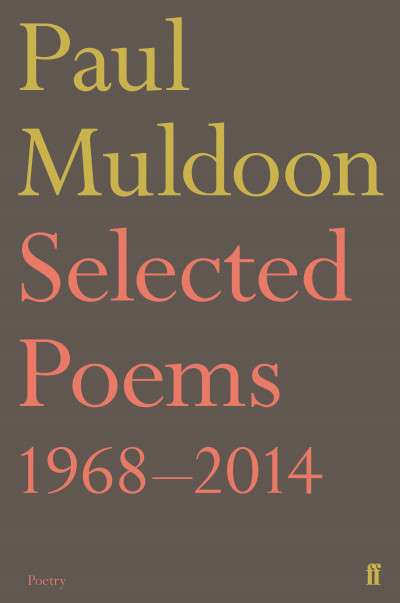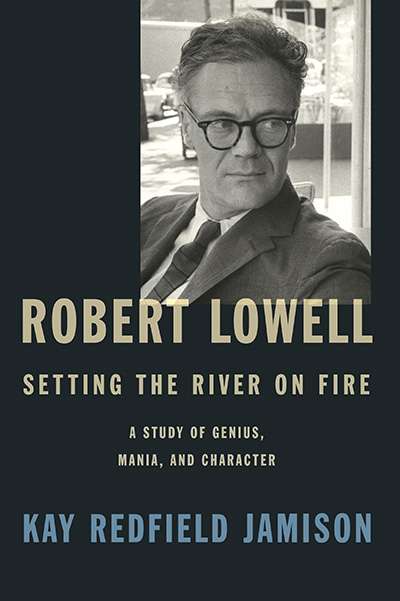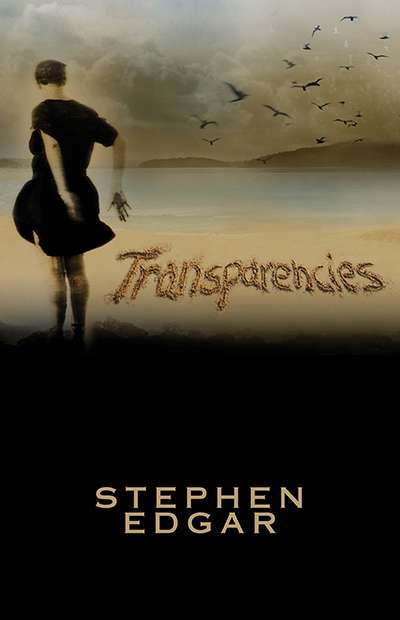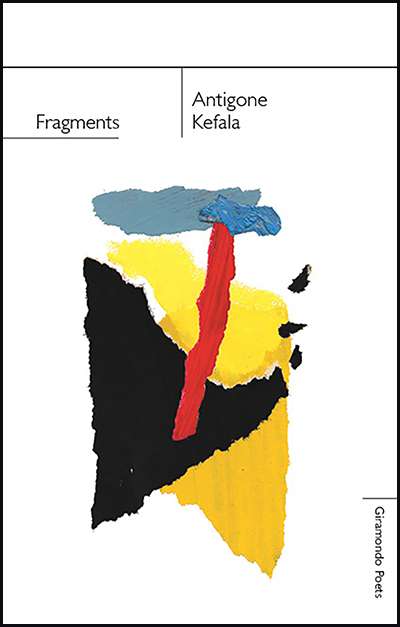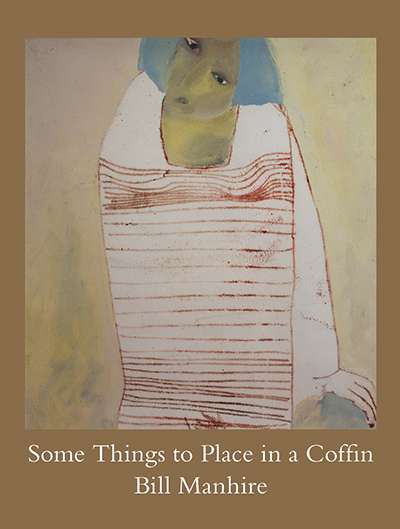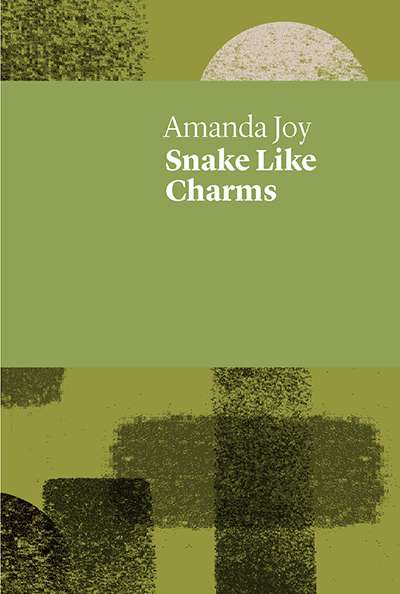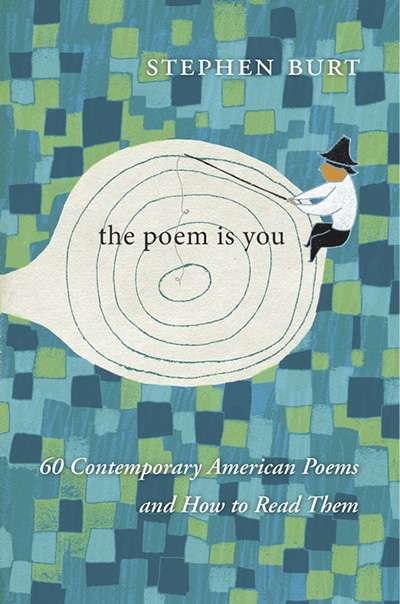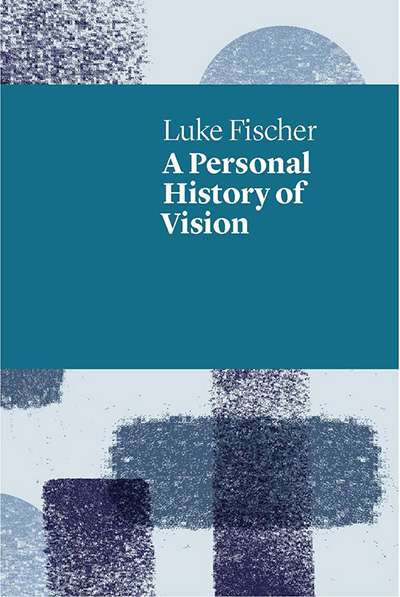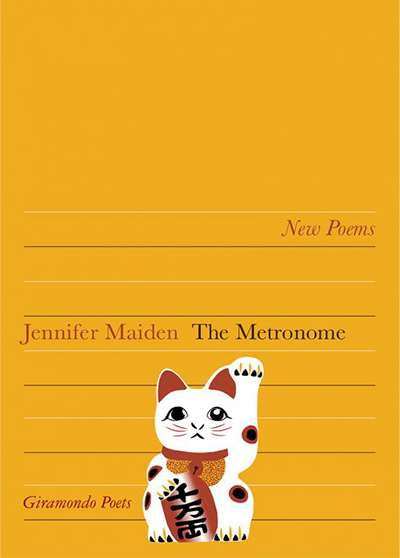Poetry
The Blue Decodes by Cassie Lewis & redactor by Eddie Paterson
Two recent collections by two very different voices have both been ‘blurbed’ as works of fragmentation. In her début collection, Cassie Lewis is described as speaking for ‘a generation whose ambitions and emotions have become very fractured and fragmented’. Eddie Paterson’s new book is full of redacted texts of digital trash and treasure; it is a blacked- ...
Paul Muldoon’s friend and mentor, the late Seamus Heaney, once remarked that reading Muldoon was like being in a room with two informants: one a compulsive liar and one who always tells the truth. The trick, Heaney suggested, is ‘trying to formulate a question that will elicit an answer from either one that can be reliably decoded’.
Muldoon’s poems a ...
Robert Lowell: Setting the river on fire: A study of genius, mania and character by Kay Redfield Jamison
For no one were Dryden’s partitions thinner than for Robert Lowell, as Kay Redfield Jamison’s exploration of the links between his work and the manic depressive illness which dogged him for most of his life makes clear. Previous biographers have, with varying degrees of compassion and opprobrium, chronicled the chaos and hurt caused by his manic outbursts.
... (read more)After Stephen Edgar’s nine collections of poetry, the last seven of which are distinguished by an extraordinary control over metre and rhyme, a reviewer feels bound to ask how this new book ...
... (read more)Antigone Kefala’s Fragments, her fifth book of poems and first since Absence: New and selected poems (1992), is often menaced by the past, like her first collection, The Alien (1973). Here too are some subtly demolishing portraits, as well as buoyant poems such as ‘Metro Cellist’ and the slightly brooding ‘Summer at Derveni’: ‘ ...
Poetry books that focus on memory, recuperation, and loss are common, but it is rare to find poems that speak about such matters as sparely and eloquently as these do. Bill Manhire’s new poems are bony and sinewy, resonating with an awareness of public and personal grief. Although these works often speak by indirection, many of them pack a real punch. As Manhire p ...
Snake Like Charms by Amanda Joy & The Herring Lass by Michelle Cahill
Michelle Cahill and Amanda Joy have produced two engaging and proficient collections of poetry. In their different ways, each revels in worlds of perception, imagination, and poetic craft.
Amanda Joy’s first full-length collection, Snake Like Charms comes out of UWAP’s new poetry series and marks the emergence of an important voice in Australian ...
The Poem Is You: 60 contemporary American poems and how to read them by Stephen Burt
Northrop Frye wrote that ‘No kind of book is easier to attack than an anthology’, as Stephen Burt reminds us in the introduction to ...
... (read more)The UWAP Poetry imprint began in late 2016, and there are already fourteen titles available. To judge from the quality of the three reviewed here, UWAP’s energy and ambition is well-placed ...
... (read more)Jennifer Maiden’s latest book, The Metronome, is essentially part of a series that could be dated to the appearance of Friendly Fire in 2005 ...
... (read more)

